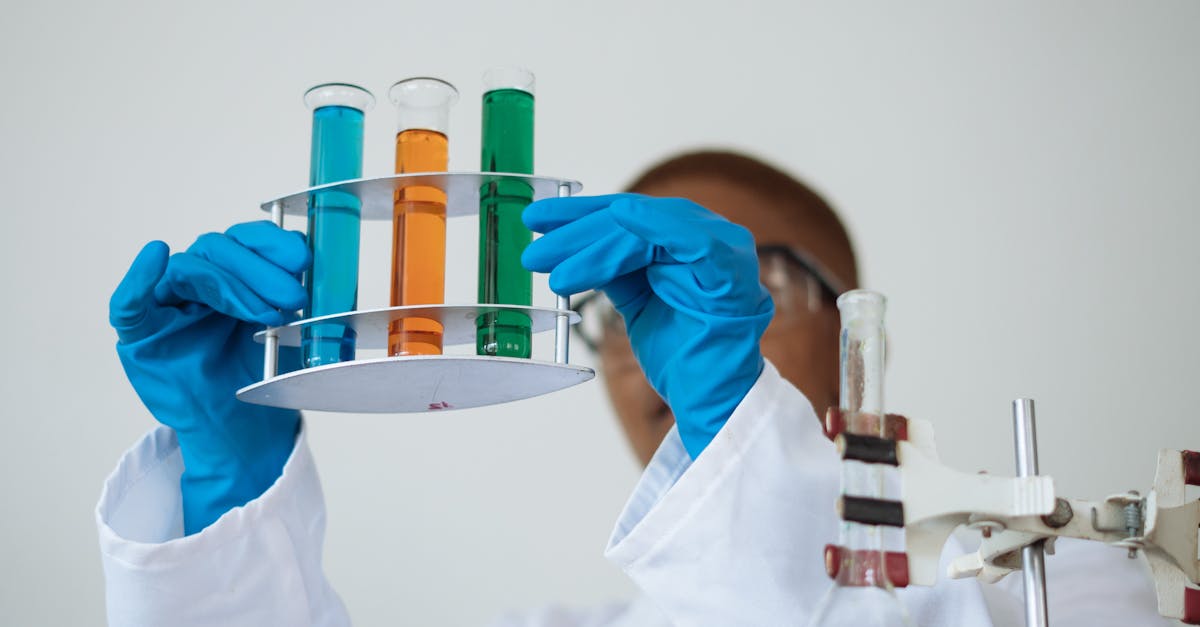Siga Technologies (SIGA) recently announced the topline results from the PALM 007 study, which evaluated the efficacy of tecovirimat in treating monkeypox virus (MPOX) disease. The study, conducted by the National Institute of Allergy and Infectious Diseases (NIAID), did not meet its primary endpoint of statistically significant improvement in time to lesion resolution within 28 days post-randomization for patients in the Democratic Republic of the Congo (DRC) with MPOX who were administered tecovirimat compared to placebo.
However, the preliminary analysis revealed that tecovirimat provided a meaningful improvement in two important patient populations. Patients who received tecovirimat within seven days of symptom onset and those with severe or greater disease (defined by the World Health Organization as having 100 or more skin lesions) showed clinical benefit compared to placebo.
The study also affirmed tecovirimat's strong safety profile, with the drug exhibiting a safety profile comparable to placebo. The company emphasized that these results are consistent with several prior studies in healthy volunteers and further support the strong safety profile observed with tecovirimat over the past 15 years.
Dennis Hruby, Chief Scientific Officer at SIGA, noted that the data showing maximum benefit in patients treated early and with severe disease are consistent with the mechanism of action of tecovirimat and with the studies in animals that led to U.S. FDA approval of the medicine for smallpox.
Diem Nguyen, Chief Executive Officer of SIGA, expressed encouragement from the study results, emphasizing that tecovirimat is safe and offers potential benefit to important groups of MPOX patients, particularly those with severe disease and those who sought treatment early.
The PALM 007 study was part of a globally coordinated initiative to address the 2022 MPOX outbreak in the DRC and around the world. Notably, the study was designed with humanitarian considerations, allowing patients at varying stages of disease, age, and health to participate. All patients in the study were hospitalized for the duration of treatment, receiving a level of care unavailable to most MPOX patients in real-world situations.
Looking ahead, SIGA and NIAID are in the process of thoroughly analyzing the data to gain a comprehensive understanding of the results and potential implications. The company looks forward to future research on the impact of early treatment on improving outcomes in MPOX patients in real-world settings.
Additionally, multiple additional clinical trials evaluating tecovirimat for MPOX are ongoing globally, including trials in the U.S., Switzerland, Brazil, Argentina, Canada, and the EU. These studies aim to provide a deeper understanding of the potential for tecovirimat to benefit MPOX patients.
About SIGA, it is a commercial-stage pharmaceutical company focused on the development of innovative medicines to treat and prevent infectious diseases, with a primary focus on orthopoxviruses. The company's flagship product, TPOXX® (tecovirimat), is an antiviral medicine approved in the U.S. and Canada for the treatment of smallpox and authorized in Europe and the UK for the treatment of smallpox, MPOX (monkeypox), cowpox, and vaccinia complications. Today the company's shares have moved 26.9% to a price of $11.97. If you want to know more, read the company's complete 8-K report here.


